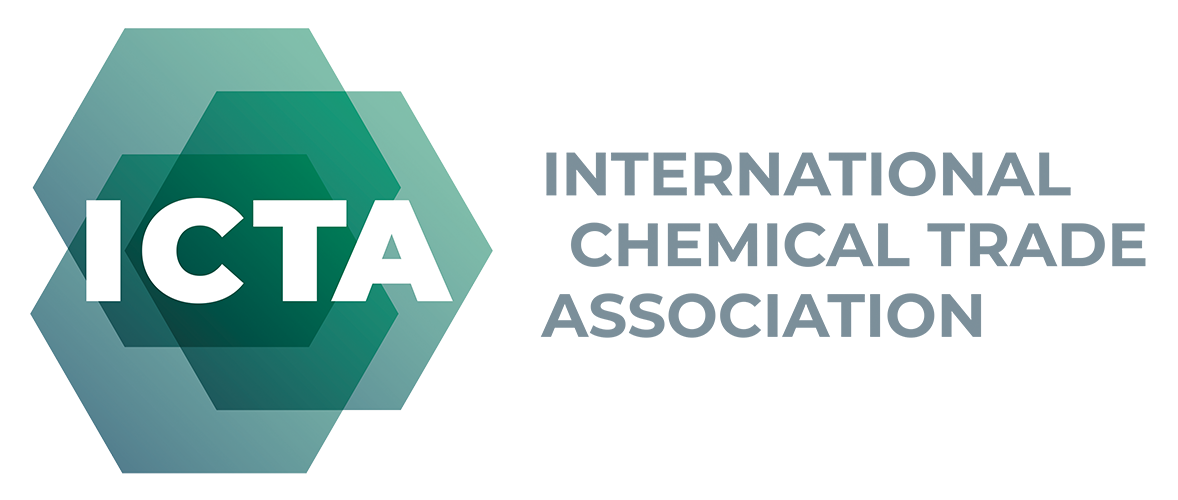Chemical security
Companies in the chemical distribution sector work with several highly sensitive products that can be misused to produce explosives, chemical weapons or illegal drugs. Making sure that such high-risk chemicals don’t fall in the wrong hands, is a key global issue for the chemical distribution industry.
ICTA members work hard to counter the risks of illegal diversion of substances by terrorists, criminals and others intending harm. They must pay extra attention to these risks because they operate internationally, selling chemicals in lower quantities to a wide variety of customers. The ICTA Global Responsible Distribution program helps these companies to remain continuously vigilant.
Another important security related topic is that of cybersecurity. With cybersecurity threats continuing to evolve in complexity and sophistication, chemical distributors recognize the importance of addressing this growing threat. Protecting the technology that helps run facilities and the valuable information regarding chemical formulas and customer databases from a potential cyber-attack are a key focus for our industry.
The role of ICTA
ICTA is dedicated to increasing the resilience of chemical supply chains through the introduction of processes and protocols that deny illegal access to chemical substances and prevent their subsequent misuse. Moreover, ICTA works to raise awareness and build capacity. It has given workshops on chemical security to for instance the Iraq Chemical Weapons National Authority, Pakistani industry and the UNODC.
ICTA also plays an active role in several global organizations with the intention of promoting best practice and ensuring effective international co-operation on these issues. The following three institutions are of particular importance.
Organisation for the Prohibition of Chemical Weapons
The OPCW implements the Chemical Weapons Convention, which is supported by 192 countries. OPCW and its member states work together to achieve a world free of chemical weapons and share the collective goal of preventing chemicals ever again being used for war. The focus of OPCW’s work is changing from the destruction of chemical weapons held by countries to the prevention of their replication by non-state actors such as terrorists.
The Hague Guidelines
To promote responsible use of chemicals, a set of guidelines has been developed by a group of chemical practitioners from around the world at OPCW’s initiative. These guidelines are known as the Hague Ethical Guidelines [link]. They focus not only on chemical security, but also cover safety, sustainability, training, and exchange of information. ICTA believes that the Hague Ethical Guidelines are valuable and notes a clear directional overlap with the ICTA Responsible Distribution program. ICTA has therefore endorsed the Guidelines and stimulates adherence to the Hague Ethical Guidelines.
G7 Chemical Security Working Group
The G7 is a group of the seven major advanced economies currently representing more than 64% of net global wealth as assessed by the International Monetary Fund. It consists of Canada, France, Germany, Italy, Japan, the United Kingdom and the United States. The European Union is also represented within the G7. The Chemical Security sub-Working Group focuses on chemical materials.
International Narcotics Control Board
The INCB is the independent and quasi-judicial monitoring body for the implementation of the UN international drug control conventions. It was established in 1968 in accordance with the Single Convention on Narcotic Drugs, 1961. ICTA joins INCB deliberations about addressing illicit drug manufacture and stimulating ‘Know Your Customer’.


